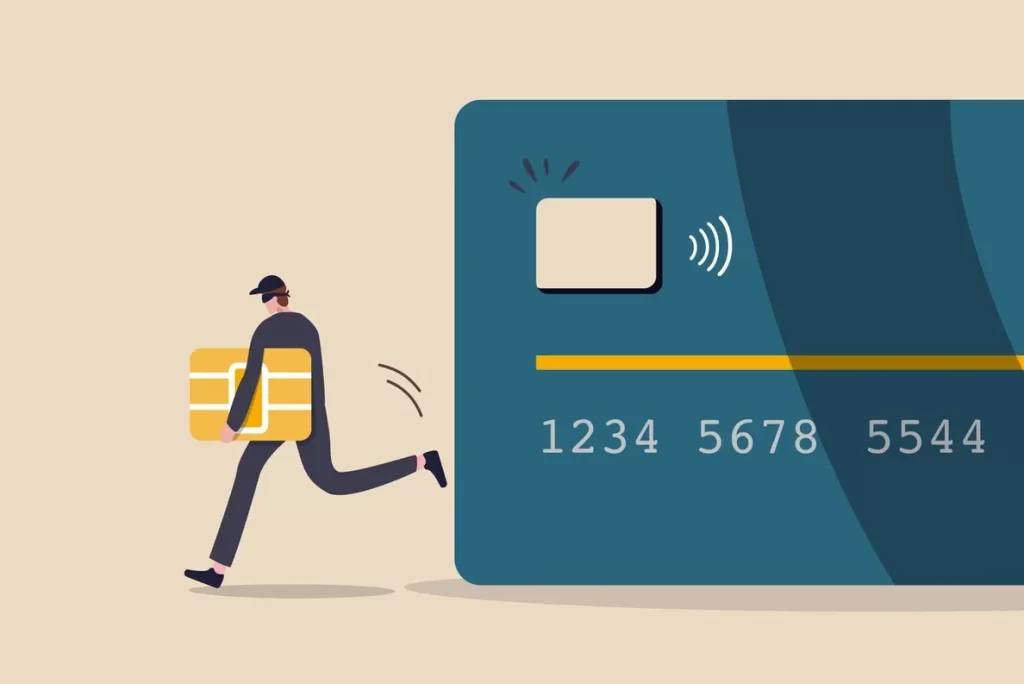
Digging into money maneuvers that feel sus.
Credit cards can provide a lot of perks with every swipe—like zero-liability fraud protection, cash back, and travel points. These benefits are even available on certain cards with no annual fee.
Then there’s a not-so-free perk you can sign up for, which is credit card protection insurance. We dug deep to see if this benefit is all it’s chalked up to be. (Note: Don’t confuse this with credit card purchase protection, which reimburses cardholders for damaged or stolen items.)
With credit card protection insurance, or balance protection, you pay your card issuer a monthly insurance premium—typically 0.85% to 1% of your average monthly balance. If you’re unable to pay your bill due to a life event like unemployment or a health crisis, the insurance kicks in to help cover your minimum payments for a limited time.
Since your minimum payments will be taken care of, you won’t be hit with late fees or credit score dings. But your balance will probably continue to accrue interest, and coverage only applies to the balance you racked up before the event.
There are a few reasons why balance protection might not be worth it. First off, you can always ask your credit card company for help when you’re in a crisis without paying for insurance. Putting those dollars into an emergency fund is probably also a better use of your money (even Amex admits that). And applying for things like unemployment benefits through your state can help keep you afloat.
If you’re determined to get coverage (you stubborn knucklehead), we can’t stop you. Just make sure you crunch the numbers and research all your options before you make a decision.—Myriam





























